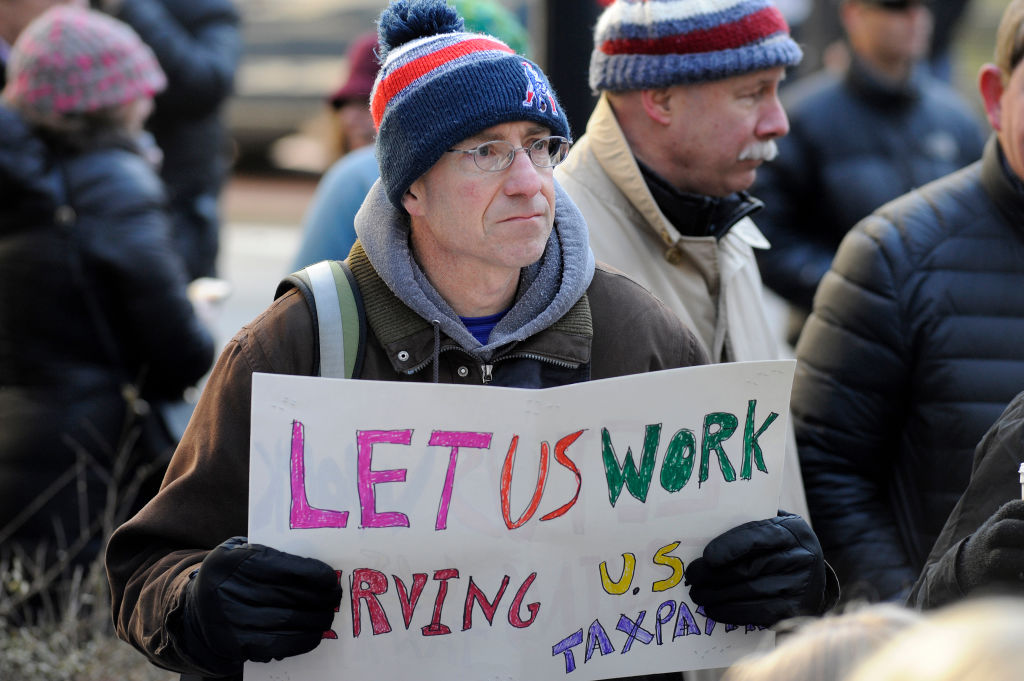The now 21-day long government shutdown has wreaked havoc on the National Park Service, leading to irrevocable damage from unsupervised public visitors. Now, it’s also stymieing important wildlife conservation work and research typically done by NPS, putting vulnerable species at risk.
Research projects that provide valuable data to help conserve species have been paused, the staff that work to protect endangered wildlife have been furloughed, and the funds typically used to pay for this work are being lost at a staggering rate due to the shutdown.
Videos by VICE
It’s difficult to predict the long-term effects the shutdown will have on parks wildlife, but it’s safe to say it will negatively affect efforts to protect our most vulnerable species, according to David Lamfrom, the director of national wildlife programs for the National Parks Conservation Association (NPCA).
“It’s a double hit,” Lanfrom said in a phone interview. “First off, anybody who is doing any science right now is furloughed. Then you also have the reduction is park revenue, which could reduce to opportunity to do some of that work in the future.”
About a third of national parks are completely closed, while the rest are either ungated or being cared for by a skeleton staff paid from the fee revenue coffers that are typically used for park maintenance and to fund work like the wildlife studies. This drains those funds while the NPS is also losing an estimated $400,000 per day in revenue from not being able to collect visitor fees, according to the NPCA. All of this means the funding for conservation work is reduced.
The shutdown has already wreaked havoc on the parks system in many other ways. A death in Yosemite National Park went unreported for a week due to lack of staff. Unsupervised visitors have caused irrevocable damage to national parks such as Joshua Tree, where trash and human waste have been strewn about, and the iconic trees have been damaged or destroyed. NPS has closed the park twice this week to try to repair the damage.
As the shutdown stretches on, the impact on wildlife in the parks becomes more severe. Not having staff to accompany outside researchers has halted ongoing research, including 60-year study on moose and wolves living on Isle Royale in Lake Superior, with university biologists unable to access the research site.
The spike in litter from unsupervised visitors also introduces yet another risk to species: irresistible garbage buffets. When wild animals such as bears get used to eating trash left behind by humans, they become less timid, which can lead to increased human-animal interactions and, ultimately, the need to kill the animals.
Lanfrom told me the worst part is that because the staff is furloughed, it’s impossible to assess exactly how much damage has been down and what impact this will have on the wildlife in our parks, and their future conservation.
“We’re deeply concerned,” Lanfrom said. “We need to correct this. We need to get these park rangers back to work.”




